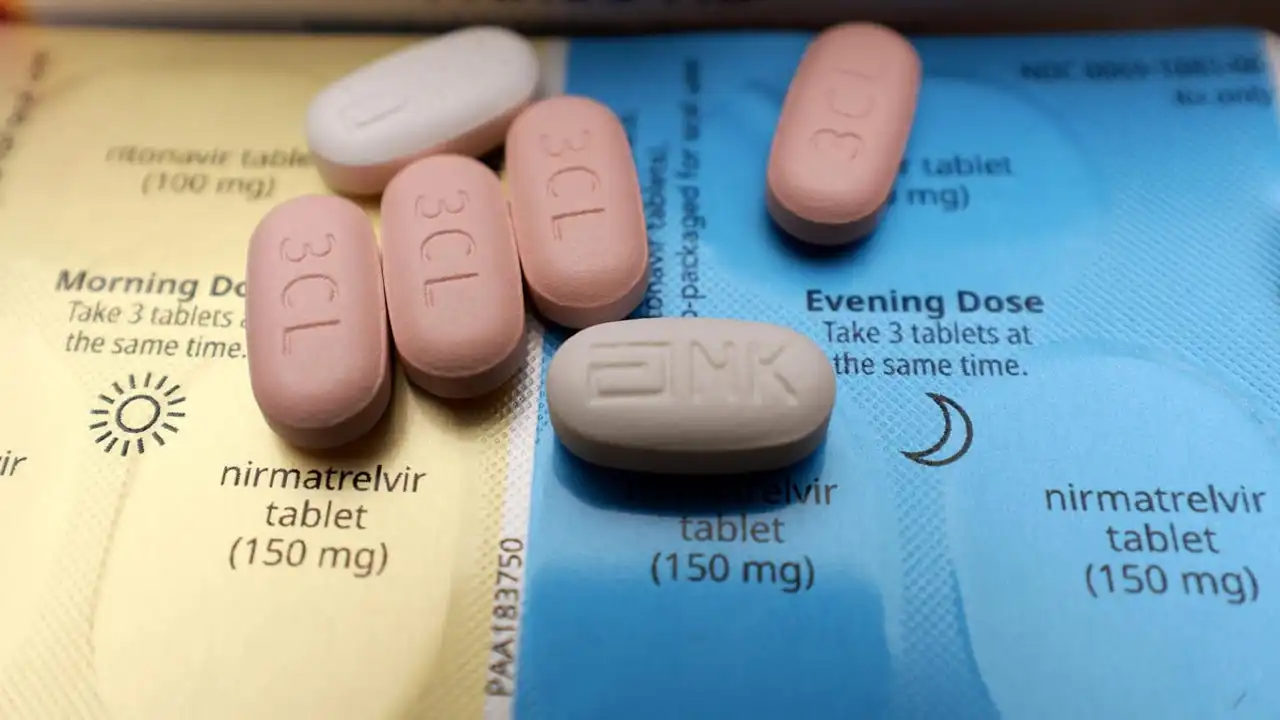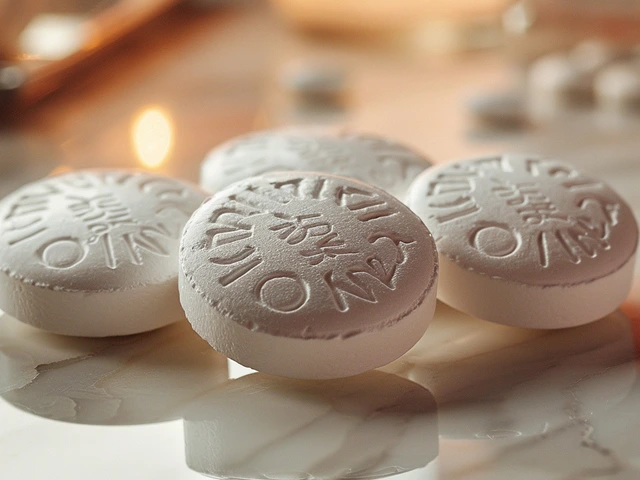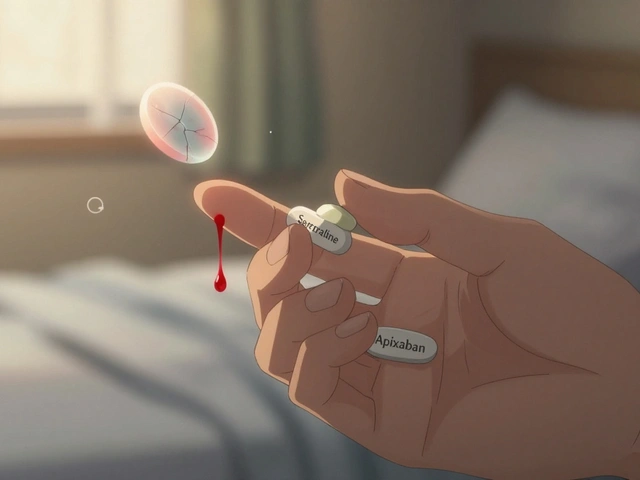Zinc – Why It Matters and How to Use It Safely
Zinc is a mineral that your body can’t make on its own, so you need it from food or a supplement. It helps your immune system, heals cuts faster, and supports taste and smell. If you’re wondering whether a zinc pill is right for you, this guide breaks down the basics in clear, everyday language.
Top Benefits of Zinc
First off, zinc plays a starring role in immune health. When you catch a cold, zinc can trim the length of the illness if you start taking it within 24 hours. It also speeds up wound healing by supporting cell growth, which is why doctors often recommend zinc for minor burns or cuts.
Beyond immunity, zinc is essential for protein synthesis and DNA production. That means it helps your muscles recover after a workout and supports normal growth in children. Another neat perk is that zinc keeps your skin clear; many acne treatments include zinc because it reduces inflammation.
How Much Zinc Should You Take?
Adults usually need 8 mg for women and 11 mg for men each day. If you’re taking a supplement, most over‑the‑counter tablets contain 15–30 mg. That’s safe for short‑term use, but staying above 40 mg daily can cause problems, especially if you take it for months.
When you start a zinc supplement, take it with food to avoid stomach upset. If you’re on a low‑acid diet or take antacids, you might need a chewable or lozenge that dissolves in the mouth for better absorption.
People with certain conditions—like kidney disease or chronic diarrhea—should talk to a doctor before adding zinc. The same goes for pregnant or nursing moms; they typically need about 12 mg a day, but a healthcare provider can tailor the dose.
Watch out for side effects. The most common complaints are nausea, a metallic taste, and occasional diarrhea. Taking too much zinc can also lower copper levels, leading to fatigue or anemia. If you notice these signs, cut back or pause the supplement and check with a professional.
Zinc can interact with some medicines. It binds with antibiotics like tetracycline and fluoroquinolones, making them less effective. Always separate zinc doses from those antibiotics by at least two hours.
In short, zinc is a handy mineral when used wisely. Aim for the recommended daily amount, pair it with food, and keep an eye on any stomach issues or interactions. With the right approach, you’ll tap into zinc’s immune‑boosting, healing, and skin‑supporting powers without a hitch.

Atorvastatin and Zinc: What You Should Know
- By : Archer Hamilton
- Date : Nov 9 2023
As your trusty health advocate, I felt the necessity to share insightful information about Atorvastatin and Zinc interaction. We'll delve into what you should know, right from the basics of the both elements, to the nitty-gritty of how they work together. The objective, as always, is to assist you in making informed decisions about your health. Remember, understanding your medications and supplements is integral part of leading a healthier life. Stay tuned for more!





